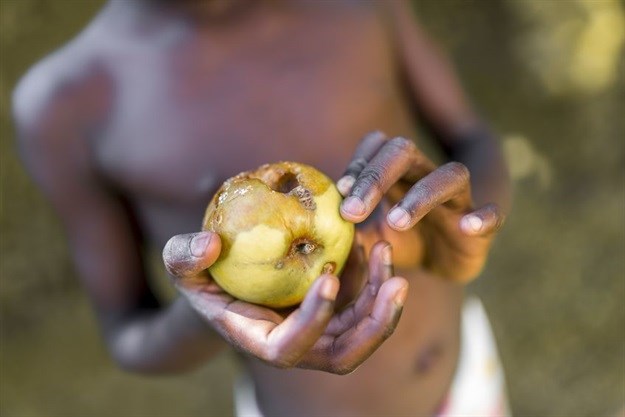
Top stories





Marketing & MediaWarner Bros. was “nice to have” but not at any price, says Netflix
Karabo Ledwaba 2 days

More news

Logistics & Transport
Maersk reroutes sailings around Africa amid Red Sea constraints













The University of Johannesburg (UJ) intends to alleviate poverty through a new initiative, the Africa Centre for Evidence (ACE). The Centre will bring together UJ students, faculties, and experts in the government and non-profit sectors to incubate evidence-informed solutions to reduce poverty and inequality.
The Centre is set to launch on Monday, 9 October 2017 at the University’s Bunting Road Campus, School of Tourism and Hospitality (STH) at 2pm.
“The Africa Centre for Evidence combines cutting-edge research with policy engagement to enhance the role of social policy in reducing poverty and promoting opportunity, economic security, and individual and family wellbeing,” says Professor Ruth Stewart, Director of the Africa Centre for Evidence at UJ and chairperson of the Africa Evidence Network.
The new Africa Centre for Evidence aims at building useful research evidence to inform policy and practice across Africa. This includes the production of evidence synthesis including evidence maps and systematic reviews.
“We support a network of over 1200 people from across the continent with an interest in evidence-informed decision-making, because we believe that only together can we make a difference. We are increasingly recognised as global leaders in policy-relevant research methodologies: specifically evidence mapping and evidence synthesis as means to produce structured and reliable summaries of knowledge for decision-makers,” explains Professor Stewart.
The Centre identifies five main determinants of the reduction of poverty through the following themes: Producing useful research evidence; supporting others to produce useful research evidence; supporting and understanding the use of research evidence in decision-making; being responsive to contexts and needs in Africa; and supporting evidence communities.
“We aim to increase our own understanding through research of how to enhance capacity to use research evidence,” concluded Professor Stewart.
Amongst other initiatives, the Africa Centre for Evidence provides the secretariat to the Africa Evidence Network.